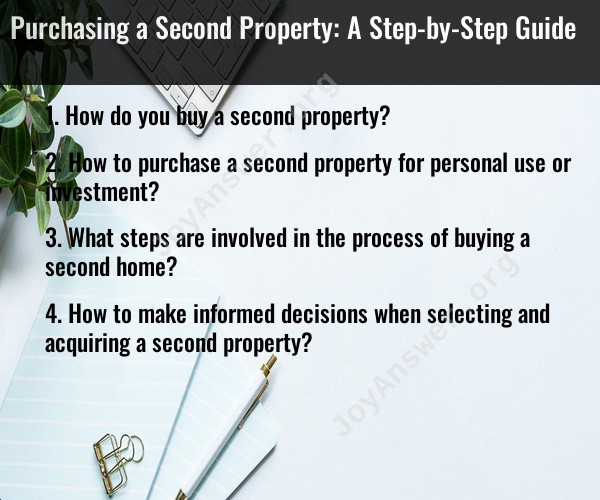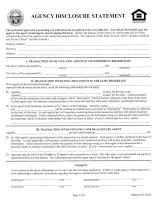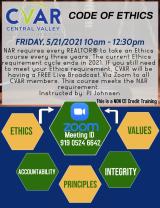How do you buy a second property?
Purchasing a second property, whether it's for investment, a vacation home, or any other purpose, involves a series of steps similar to buying your first property. Here's a step-by-step guide to help you buy a second property:
Determine Your Goals and Budget:
- Clearly define your reasons for buying a second property, whether it's for rental income, a vacation home, or other purposes.
- Assess your financial situation and determine a budget. Consider not only the purchase price but also ongoing expenses like property taxes, insurance, maintenance, and potential property management costs.
Secure Financing:
- If you plan to use a mortgage to purchase the property, get pre-approved for a mortgage or determine how you'll finance the purchase. Keep in mind that lending requirements may vary for a second property, and interest rates could be different.
Choose a Location:
- Research and choose a location that aligns with your goals. Consider factors like proximity to amenities, job opportunities, rental demand, and potential for property appreciation.
Hire a Real Estate Agent:
- Work with a local real estate agent who has expertise in the area you're interested in. They can help you find suitable properties, negotiate on your behalf, and provide valuable insights.
Property Search:
- Start your property search based on your budget and location preferences. Attend open houses, view properties, and compare options. Be patient and take your time to find the right property.
Due Diligence:
- Conduct a thorough due diligence process. Inspect the property for any issues or needed repairs. Review property records, such as the title, deed, and any restrictions.
Negotiate and Make an Offer:
- Once you find a property you like, work with your real estate agent to negotiate the price and terms of the purchase. Make an offer based on your budget and the property's condition and market value.
Complete the Purchase Agreement:
- Sign a purchase agreement that outlines the terms and conditions of the sale, including the price, contingencies, and closing date.
Secure Financing:
- If you haven't already, finalize your mortgage financing. Provide the necessary documents to your lender and complete the underwriting process.
Home Inspection:
- Schedule a home inspection to ensure the property is in good condition and doesn't have hidden issues. Address any concerns that arise during the inspection.
Appraisal:
- The lender will typically require an appraisal to confirm the property's value. If the appraisal comes in below the purchase price, you may need to renegotiate the terms or secure additional financing.
Finalize Closing Details:
- Work with your real estate agent, attorney, and lender to complete all the necessary paperwork and fulfill any outstanding requirements.
Closing:
- Attend the closing meeting to sign the final documents and transfer ownership. You'll also make the required payments, such as the down payment and closing costs.
Property Management (If Applicable):
- If you're buying the property for rental income, set up property management, and establish a plan for maintenance, tenant screening, and rent collection.
Enjoy or Begin Renting:
- Depending on your goals, you can now enjoy your vacation home or begin renting out the property to tenants.
Remember that purchasing a second property can have tax implications, and you should consult with a tax professional or financial advisor to understand how it may affect your overall financial situation. Additionally, real estate laws and regulations can vary by location, so it's essential to work with local experts who understand the specific requirements in the area where you're buying the property.
How to purchase a second property for personal use or investment?
Purchasing a second property can be a great way to build wealth and achieve your financial goals. However, it is important to do your research and carefully consider your options before making a decision.
Here are some steps involved in the process of buying a second property:
- Get pre-approved for a mortgage. This will give you an idea of how much money you can borrow and what your monthly payments will be.
- Find a qualified real estate agent. A good real estate agent can help you find the right property for your needs and budget.
- Shop around for the best mortgage rate. Compare rates from different lenders to get the best deal possible.
- Make an offer on a property. Once you have found a property that you like, you will need to make an offer.
- Negotiate the terms of the sale. Once your offer has been accepted, you will need to negotiate the terms of the sale, such as the price, closing date, and any repairs that need to be made.
- Get the property inspected. Before you close on the property, you should have it inspected by a qualified home inspector. This will identify any potential problems with the property.
- Close on the property. Once all of the necessary paperwork has been signed and the money has been exchanged, you will be the owner of your new second property!
2. What are the key considerations when purchasing a second property?
When purchasing a second property, there are a number of key considerations that you should keep in mind:
- Your financial situation. Can you afford the down payment and monthly mortgage payments? Do you have enough income to cover the additional expenses of owning a second property, such as property taxes, insurance, and maintenance?
- Your needs and goals. What do you want to use the second property for? Will it be a vacation home, an investment property, or something else?
- The location of the property. Where do you want the second property to be located? Consider factors such as proximity to work, family, and amenities.
- The condition of the property. Is the property in good condition? Are there any major repairs that need to be made?
- The potential for growth. Is the property located in a desirable area that is likely to appreciate in value over time?
How to make informed decisions when selecting and acquiring a second property?
Here are some tips for making informed decisions when selecting and acquiring a second property:
- Do your research. Learn as much as you can about the different types of second properties available, the different financing options, and the real estate market in the area where you want to buy.
- Consult with a financial advisor. A financial advisor can help you assess your financial situation and develop a plan for purchasing a second property.
- Work with a qualified real estate agent. A good real estate agent can help you find the right property for your needs and budget.
- Get everything in writing. When you make an offer on a property, be sure to get everything in writing, including the price, terms, and closing date.
- Don't rush into a decision. Take your time and carefully consider all of your options before making a decision.
By following these tips, you can make informed decisions when selecting and acquiring a second property.













